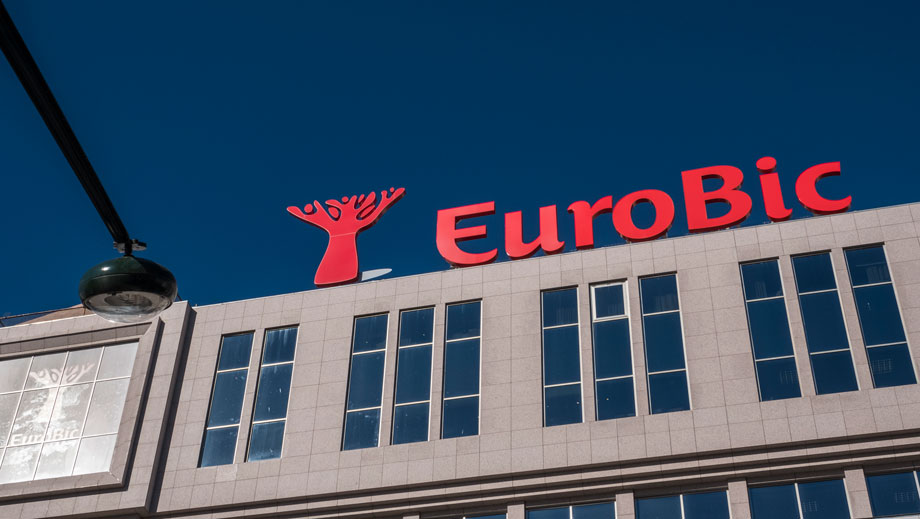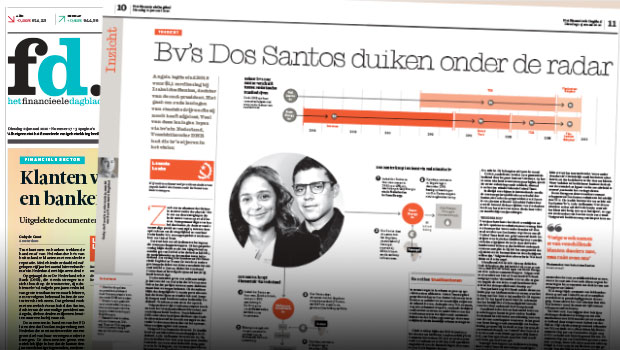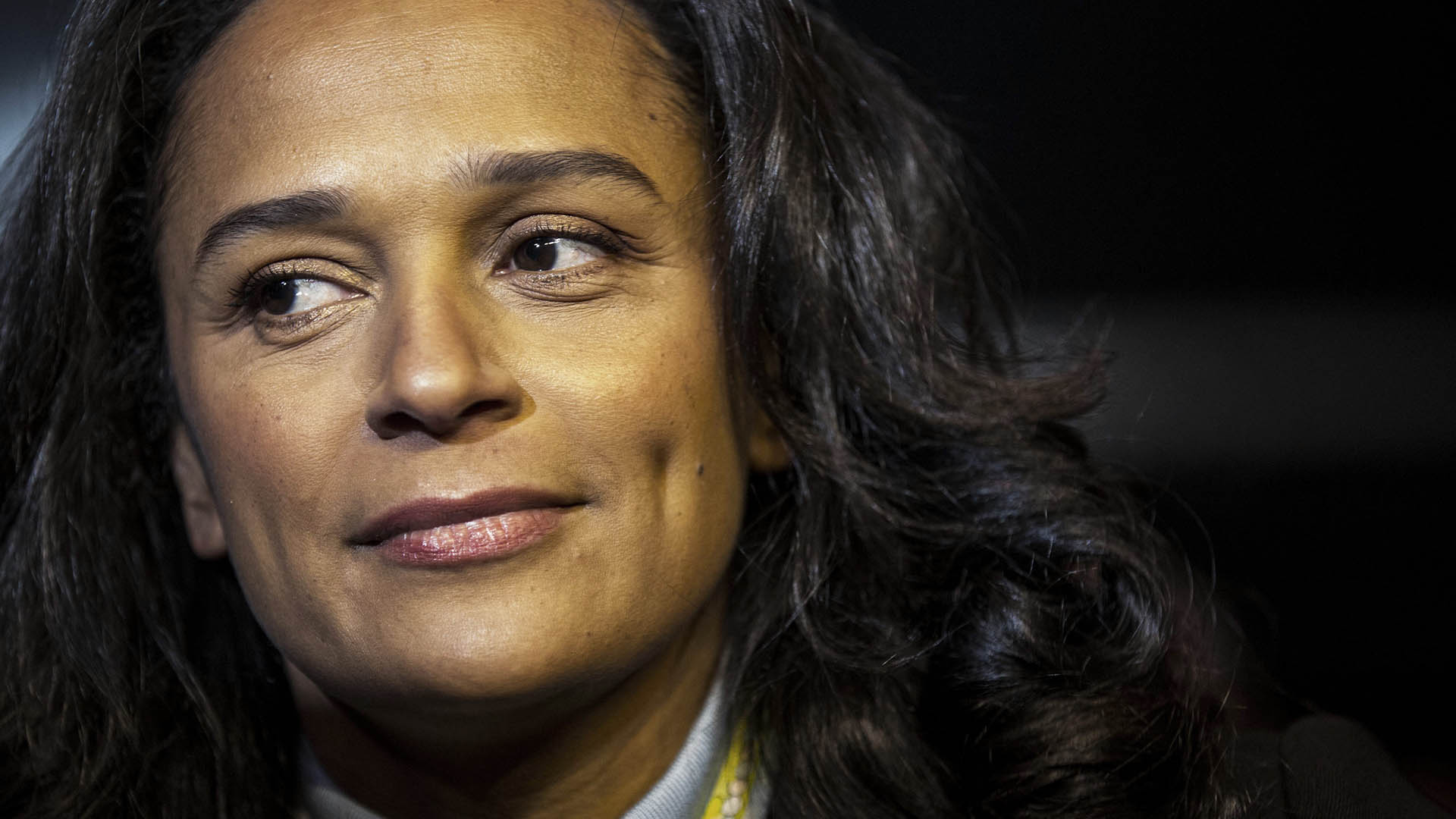Portugal will likely freeze proceeds from the expected sale of Isabel dos Santos’ 42.5% stake in EuroBic, worth around $200 million, the country’s central bank governor Carlos Costa told a parliamentary committee on Wednesday.
“The judicial authorities will want to preserve the value associated with this deal. This may not mean, and I don’t think it will, [mean] blocking the transaction. It will mean safeguarding the proceeds of the transaction,” Costa said.
The small investment bank controlled by dos Santos and long-time business associate Fernando Teles came under intense scrutiny after Luanda Leaks, an investigation by the International Consortium of Investigative Journalists.
The investigation charted two decades of self-dealing that helped dos Santos amass a fortune. In 2017, the investigation found, the oil giant Sonangol paid at least $38 million to a consulting firm in Dubai, owned by a friend and business associate.
Luanda Leaks documents show that the transfers, processed by EuroBic, occurred hours after dos Santos was fired from Sonangol by the current Angolan president. Dos Santos denies any wrongdoing.
A few weeks before the investigation launched, an Angolan court seized dos Santos assets in that country, along with those of her husband and a key business partner. After publication, Angolan and Portuguese authorities froze her bank accounts and announced investigations.
Angolan prosecutors have since accused dos Santos of “money laundering, influence peddling, harmful management” and “forgery of documents, among other economic crimes” while she held the top job at the state oil company Sonangol.
On Monday, the Angolan government formally launched a civil action against dos Santos in the Luanda Provincial Court in a bid to recover $1 billion it says she and her associates owe the cash-strapped country.
Portugal has said it would cooperate in criminal and civil proceedings initiated by the Angolan government.
Dos Santos, the eldest daughter of the former long-time president, José Eduardo dos Santos, denies all of the claims, describing them as a “witch hunt” by the current Angolan government and world media.
Yet she has come under tremendous pressure to sell off her Portuguese assets. Earlier this year, dos Santos said she would sell her stake in EuroBic and a majority shareholding in the electrical engineering conglomerate, Efacec.
Last month Spanish lender, Abanca, said it had agreed in principle to acquire 95% of Eurobic, buying out dos Santos and Teles.
By the end of December, EuroBic managed around 5.2 billion euros in credit as well as 6.15 billion euros in deposits, according to data provided by Abanca and reported by Reuters. Costa had been summoned before Portugal’s lawmakers to answer questions on how the central bank would supervise both EuroBic’s sale and the regulator’s handling of money laundering procedures at the bank.
Costa told members of the Finance and Budget committee that the intended sale would be positive for the Portuguese financial system but emphasized that it had still to go through several regulatory hoops, including a detailed Abanca audit and European Central Bank approval.
He said the Portuguese central bank had been investigating EuroBic long before the publication of Luanda Leaks. It would conclude a review into possible failures in money laundering prevention at Eurobic by the end of March, he said.
Costa said dos Santos would not be able to transfer any proceeds from the deal. The leader of the parliament’s Left Bloc alliance, Catarina Martins, has called on authorities to halt the sale, describing dos Santos’ assets as the “money of a kleptocracy.”







